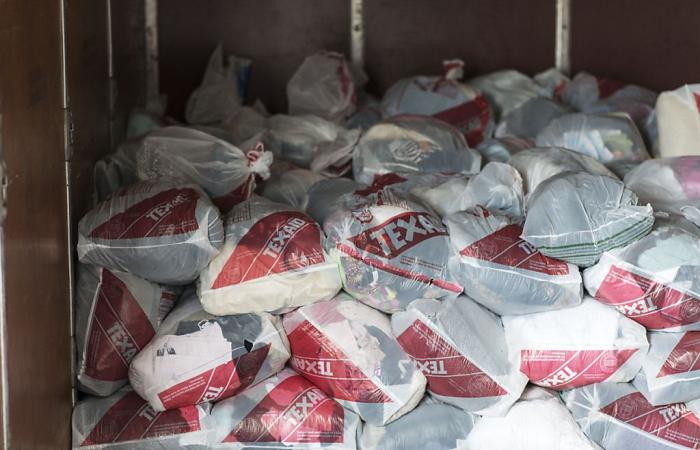Seven Swiss textile and clothing companies founded the Fabric Loop association on Tuesday. This wants to promote the circular economy in this sector by means of an advance tax on recycling.
This should make it possible to integrate the reuse, repair and recycling of textiles into everyday life. The founding companies are Calida, Mammut, Odlo, Pkz, Radys, Switcher and Workfashion, the association said in a press release on Tuesday.
The vision of the participants is a global system that begins with production. Anticipated recycling taxes when purchasing a product should make it possible to put in place infrastructure, technologies and services for this purpose. It is not yet possible to determine the amount of these contributions, because the costs of closed-loop management must first be calculated.
Planned harmonization with the EU system
According to Fabric Loop, the system envisaged in Switzerland must be harmonized with the EU market, so that cross-border cooperation is possible. In the long term, all market participants – especially foreign online platforms – should also participate in financing.
In the European Union, sectoral solutions such as this should be introduced widely from 2026, specifies the association. It is about making businesses in all Member States more responsible. Companies from third countries such as Switzerland, which deliver to the EU, will also be affected.
PET as a model
Fabric Loop wants to draw inspiration from the PET recycling system, which has made it possible to collect, sort and recycle plastic bottles throughout the country: ‘We do not want to reinvent the wheel, but build on what already exists and which works’, notes the president of Fabric Loop Nina Bachmann, of the professional association Swiss Textiles, quoted in the press release.
Before such a sector solution can be launched, however, some preparatory work is necessary. Fabric Loop will develop the legal and organizational foundations during 2025. It will also involve convincing other companies to participate in the project and developing the business model.
/ATS






